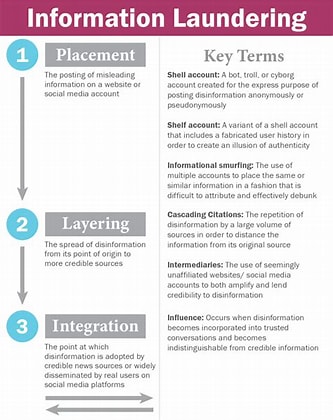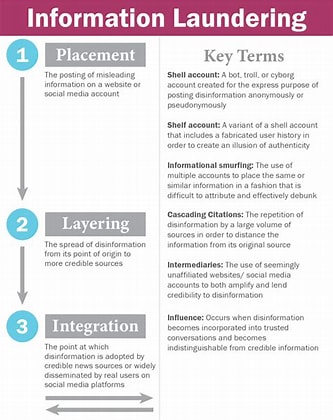
The Chinese Communist Party (CCP) has been accused of employing “information laundering” as a strategic tool to subvert foreign nations and influence global narratives. This tactic involves spreading disinformation through various channels until it gains legitimacy and is adopted by mainstream outlets. By embedding false narratives into seemingly credible sources, the CCP aims to manipulate public opinion and undermine democratic institutions.
One example of this strategy is the gradual dissemination of disinformation through smaller, less scrutinized platforms. These narratives are then picked up by more prominent media outlets, creating an illusion of authenticity. This method mirrors Soviet-era disinformation tactics, where false information was introduced through industry newsletters and local publications before reaching mainstream media.
The CCP’s use of information laundering extends beyond traditional media. It also leverages cyber operations and social media platforms to amplify its narratives. For instance, during the 2018 Taiwanese elections, suspected CCP disinformation campaigns aimed to weaken the mandate of pro-democracy leaders and bolster support for pro-China opposition parties. Such efforts highlight the CCP’s focus on non-kinetic operations to achieve political objectives.
This phenomenon underscores the importance of vigilance in identifying and countering disinformation. By understanding the mechanisms of information laundering, nations can develop strategies to protect their democratic processes and maintain the integrity of public discourse.




